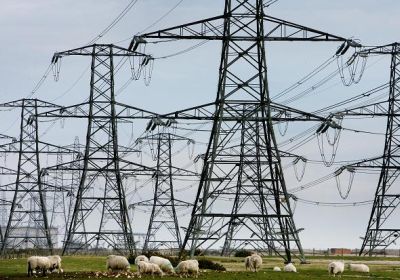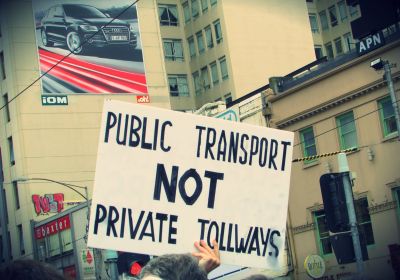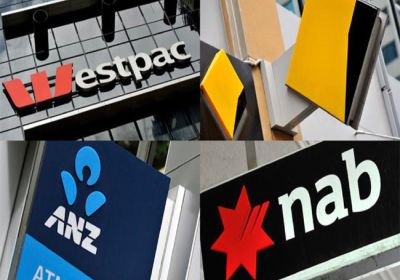-
-
-
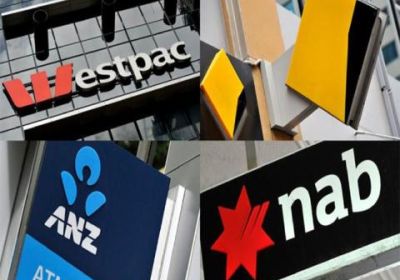
Australia's Big Four banks — the Commonwealth, NAB, ANZ and Westpac — are the most concentrated and profitable set of banks in the world. These mega-banks are cutting their workforces, while paying their executives huge salaries and bonuses. They should be placed in public hands.
-
-
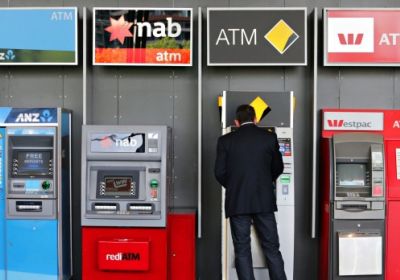
"Let's take the big banks head on over their crimes and their attempts to cover up their massive financial rip-offs, and nationalise them under workers' and community control," Peter Boyle, Socialist Alliance candidate for the seat of Sydney in the upcoming federal election, said on April 14. Boyle was responding to reports the banks were considering a huge advertising blitz against plans by the Greens and the Labor Party to launch a Royal Commission into the banking and finance sectors.
-
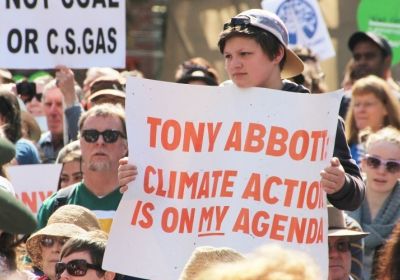 With the Paris climate talks just around the corner it is timely to consider what effective policies to cut emissions might look like. Nationalisation and direct public investment are key policies that have historically been “bread and butter” political demands both for socialists and for the more radical voices within social democratic parties. Climate activists from the Greens and Labor Environment Action Network should revisit these ideas, as they are a useful alternative to the dead end that is carbon trading. Direct public investment
With the Paris climate talks just around the corner it is timely to consider what effective policies to cut emissions might look like. Nationalisation and direct public investment are key policies that have historically been “bread and butter” political demands both for socialists and for the more radical voices within social democratic parties. Climate activists from the Greens and Labor Environment Action Network should revisit these ideas, as they are a useful alternative to the dead end that is carbon trading. Direct public investment -
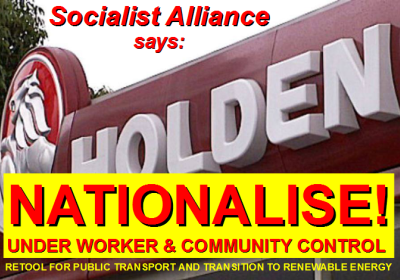 In response to the announcement by General Motors from its corporate headquarters in Detroit that it will discontinue vehicle and engine manufacturing and significantly reduce its engineering operations in Australia by the end of 2017, the Socialist Alliance calls for the immediate nationalisation of General Motors Holden (GMH) plants under workers' and community control.
In response to the announcement by General Motors from its corporate headquarters in Detroit that it will discontinue vehicle and engine manufacturing and significantly reduce its engineering operations in Australia by the end of 2017, the Socialist Alliance calls for the immediate nationalisation of General Motors Holden (GMH) plants under workers' and community control. -
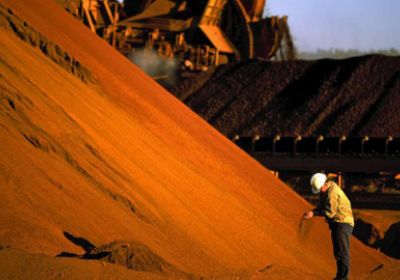
On October 7, the Socialist Alliance adopted as a key focus for its next federal election campaign a call to bring the mining industry and the banks under public/community ownership and control, so they can be run in a way that respects Aboriginal rights, the environment and social justice. The urgent need to address climate change alone demands that these industries be immediately taken out of the hands of the billionaires and their global corporations and operated as not-for-profit public services under the democratic control of the majority.
-
Venezuelan President Hugo Chavez said that his government would nationalise the exploration and exploitation of gold and related activities, AVN said on August 17. Chavez said: "I will soon propose an enabling law so as to begin taking control of the gold area and I expect you to support me, because anarchy rules in this zone, there are mafias, smuggling. "This is a great wealth, one of the world’s largest. There is plenty of gold, precious stones, diamonds, bauxite and iron in Guyana.
-
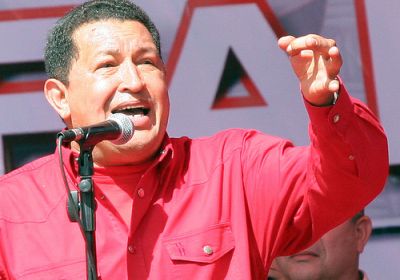 Venezuelan President Hugo Chavez announced the nationalisation on October 25 of US-based glassmaker Owens-Illinois affiliates, Venezuelanalysis.com said on October 27. The article said this places 60% of Venezuela’s glass bottle industry under government ownership.
Venezuelan President Hugo Chavez announced the nationalisation on October 25 of US-based glassmaker Owens-Illinois affiliates, Venezuelanalysis.com said on October 27. The article said this places 60% of Venezuela’s glass bottle industry under government ownership. -
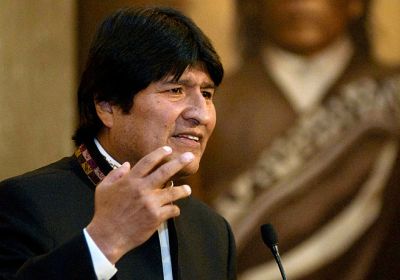 A series of problems and challenges are facing the Bolivian government of President Evo Morales, the country’s first indigenous head of state, and the process of change it leads has emerged. There has been a range of commentary on these challenges. Green Left Weekly publishes these two pieces as part of our ongoing coverage of the Latin American revolution. The article below is by Eduardo Paz Rada, editor of Bolivian-based magazine Patria Grande. It has been translated by Federico Fuentes. * * *
A series of problems and challenges are facing the Bolivian government of President Evo Morales, the country’s first indigenous head of state, and the process of change it leads has emerged. There has been a range of commentary on these challenges. Green Left Weekly publishes these two pieces as part of our ongoing coverage of the Latin American revolution. The article below is by Eduardo Paz Rada, editor of Bolivian-based magazine Patria Grande. It has been translated by Federico Fuentes. * * * -
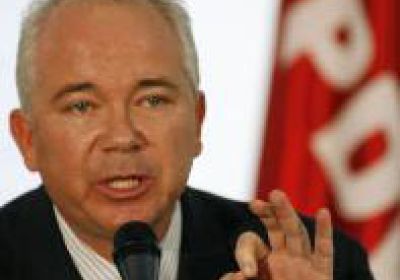 The head of Venezuelan state oil company PDVSA said on June 24 that the government is to nationalise 11 oil rigs previously operated by a US petroleum firm. This comes after the company, Helmerich & Payne, closed down production and refused to negotiate a new services agreement. PDVSA president Rafael Ramirez said the nationalisation would “boost domestic production of hydrocarbons and strengthen the policy of full oil sovereignty”.
The head of Venezuelan state oil company PDVSA said on June 24 that the government is to nationalise 11 oil rigs previously operated by a US petroleum firm. This comes after the company, Helmerich & Payne, closed down production and refused to negotiate a new services agreement. PDVSA president Rafael Ramirez said the nationalisation would “boost domestic production of hydrocarbons and strengthen the policy of full oil sovereignty”.
Nationalisation
Nationalisation
